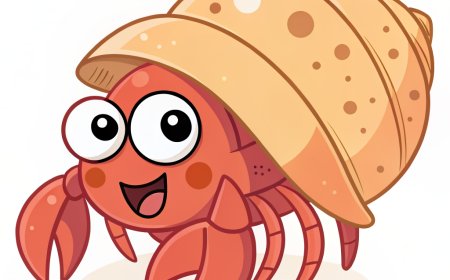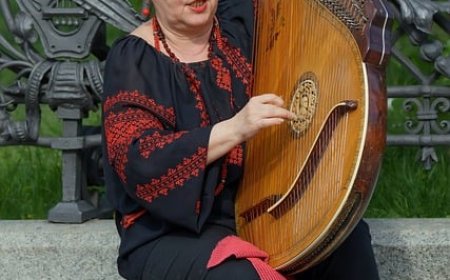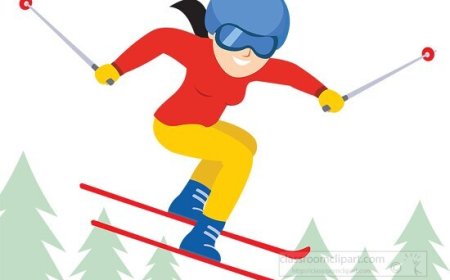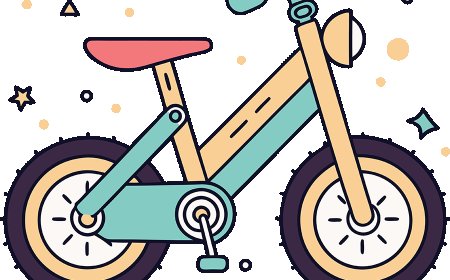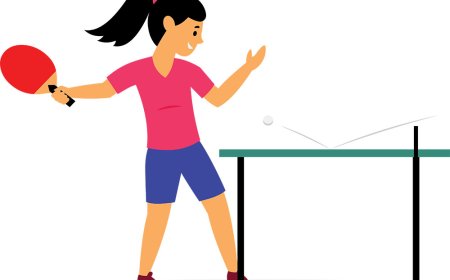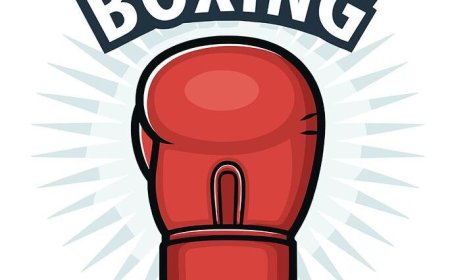Tennis: History, Rules, Famous Players, and Fun Facts for Students
Explore the world of tennis—its rich history, rules, scoring, and legends. A perfect student guide to this exciting individual sport!
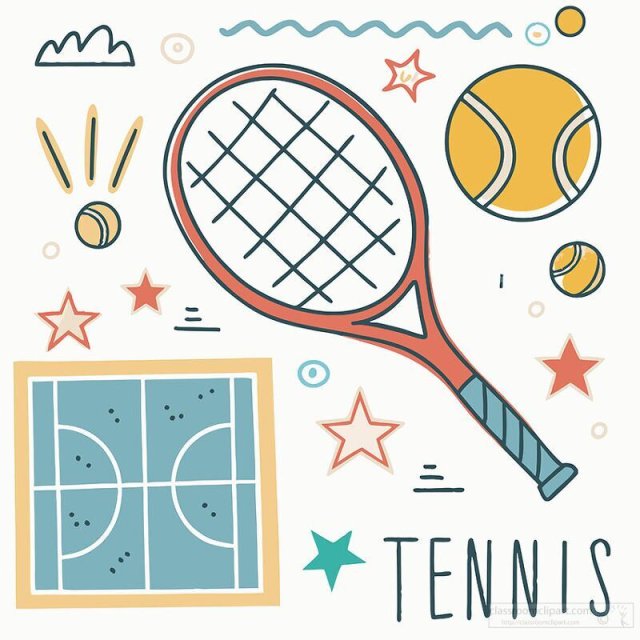
🎾 Tennis: The Sport of Skill, Speed, and Strategy
🎯 Introduction
Tennis is a fast-paced racket sport played by millions worldwide. Singles, doubles, mixed doubles—all challenge strength, speed, skill, and strategy. From Wimbledon’s grass to New York’s hard courts, tennis inspires fans and athletes.
🏛️ History of Tennis
Ancient Roots
- The origins date back to the French game jeu de paume played in the 1100s.
- Players originally hit the ball with their hands before rackets existed.
Modern Tennis Emerges
- In 1873, Major Walter Clopton Wingfield created lawn tennis.
- He patented a kit and wrote the first rules.
- The first Wimbledon was in 1877, the oldest tennis tournament.
Growth and Popularity
- Tennis spread across Europe and the U.S.
- The first women’s Wimbledon final was in 1884.
- Tennis joined the modern Olympics in 1896 and returned permanently in 1988.
- Today, it is played in nearly every country.
🎾 How Tennis Is Played
The Court
- Rectangular with a net in the middle.
- Dimensions:
- Singles: 78 ft × 27 ft.
- Doubles: 78 ft × 36 ft.
- Surface types:
- Grass
- Clay
- Hard court
- Artificial turf
Equipment
- Tennis racket.
- Tennis ball.
- Court shoes.
Basic Rules
- Players hit the ball over the net into the opponent’s court.
- A point ends if the ball bounces twice, lands out, or is not returned.
- Matches:
- Best of 3 sets (most women).
- Best of 5 sets (some men).
Scoring
- Game: 0 (Love), 15, 30, 40, Game (win by 2).
- Set: First to 6 games (win by 2).
- Match: First to required sets.
🧬 Classification and Scientific Background
Classification:
- Individual sport.
- Net/racket sport.
- Non-contact.
Biomechanics:
- Strength: Serves and groundstrokes.
- Agility: Quick movement.
- Coordination: Timing and racket control.
- Endurance: Long matches.
Exercise Science:
- Cardio health.
- Muscle strength.
- Balance and reflexes.
Psychology:
- Focus and composure.
- Patience and resilience.
- Strategic thinking.
🧢 Types of Shots
- Serve: Start play.
- Forehand: Palm-facing stroke.
- Backhand: Back-of-hand stroke.
- Volley: Hit before bounce.
- Lob: High shot over opponent.
- Drop Shot: Soft shot over net.
- Smash: Powerful overhead shot.
🏆 Major Tournaments
Grand Slams:
- Australian Open (Hard)
- French Open (Clay)
- Wimbledon (Grass)
- U.S. Open (Hard)
Olympics: Tennis returned in 1988.
ATP/WTA Tours: Pro circuits for men and women.
🌍 Tennis Around the World
- Europe: Roland Garros, Wimbledon.
- Australia: Australian Open.
- USA: U.S. Open.
- Asia: Growing events.
- Africa & South America: Emerging players.
⭐ Famous Players
- Roger Federer: 20 Grand Slams.
- Serena Williams: 23 Grand Slams.
- Rafael Nadal: 14 French Opens.
- Novak Djokovic: Record Slams.
- Steffi Graf: Golden Slam in 1988.
- Naomi Osaka: 4 Grand Slams.
💪 Benefits
- Boosts stamina and strength.
- Enhances coordination and balance.
- Builds focus and mental toughness.
- Promotes sportsmanship and social skills.
🏅 Famous Moments
- Federer’s 20th Slam.
- Serena’s Open Era record.
- Nadal’s clay streak.
- Djokovic’s career Slam.
- Osaka reaching world No. 1.
🌟 Interesting Facts
- Balls can exceed 120 mph.
- Wimbledon is grass only.
- Longest match was 11 h 5 m.
- “Love” comes from French “l’oeuf”.
- First women’s event was in 1884.
🧠 Kid-Friendly Summary
Tennis uses rackets and a net. You hit the ball into the other court. Play singles or doubles. It builds strength, speed, and focus. Icons like Serena and Roger inspire kids to play.
📖 Vocabulary Words
| Word | Definition |
|---|---|
| Ace | A serve the opponent cannot touch |
| Deuce | Score of 40-40 |
| Break Point | Receiver can win the game |
| Rally | Back-and-forth shots |
| Topspin | Ball spinning forward |
| Slice | Shot with backspin |
| Volley | Hit before it bounces |
| Grand Slam | The four major tournaments |














